.jpg)
The feed formula for laying hens should be designed according to the production level of the chicken on the one hand, and on the other hand, the breed of the chicken (such as light breed, brown egg breed, etc.), egg size, eggshell thickness and environmental climate And other factors. Light white-shell layer feed and medium-size brown-shell
.jpg)
2018/12/11 · In the modern laying hen industry, the degree of intensification and competitive pressure is increasing. Particularly, environmental changes, unstable formulation materials, frequent disease, etc. will bring sustained physiological and pathological burden to the hens. Therefore, the liver is always in an overloaded state, causing bile acid secretion to not meet the
.jpg)
2013/10/01 · Eight diets were fed to Hy-line hens (n = 576) from 50 to 66 weeks of age. And it was found that with a reduction in dietary P in the NC diet, egg production, egg mass, feed intake, final BW, BW gain, eggshell thickness, and eggshell strength of laying hens decreased (P < 0.05). In addition, the number of soft-shelled, cracked and broken eggs
.jpg)
2021/08/27 · Add the following if you’d like to supercharge your chickens’ feed: 1 oz Salt or Mineral Salts: If your chickens are confined, they may need minerals added to their feed. Free-range chickens often find what they need on their own, but to be sure, you can add minerals. 1 oz Flaxseed: Another omega-3 boost for your chickens and you!
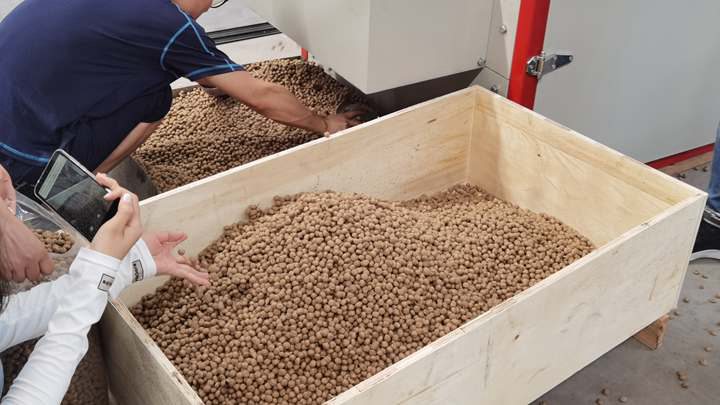
Bulkbuy Small Size Mini Pellet Feed Mill Plant for Laying Hens price comparison, get China Small Size Mini Pellet Feed Mill Plant for Laying Hens price comparison from Feed Production Line, Feed Plant manufacturers Sign In
.jpg)
2020/10/24 · Tired of buying the mash, I embraced hydroponics which saves me a lot,” says the farmer who keeps 700 birds which comprise chicken and guinea fowl on a 40 by 50 feet size plot. Hydroponics Kenya farmer, Sam Ikwaye. Hydroponics he says cuts down his feeding cost by 70 percent. He explains: “I used to buy one sack of growers mash feed at Sh2
.jpg)
1-30 t/h cattle feed plant project; 100-4000kg/h Floating fish feed mill plant; ♦ 1-30 t/h poultry feed mill project; ♦ 1-30 t/h livestock feed plant project; ♦ 1-30 animal feed processing plant, ♦ 1-30 t/h poultry feed manufacturing plant,etc.
.jpg)
.jpg)
2021/04/23 · Proper feed intake can be checked via crop filling. Ten hours after placement, 80% of the chicks should have a filled crop, which should go up to 95% twenty-four hours after placement. Feed intake is still limited during the first 5 weeks of the chick’s lifetime, due to the limited capacity of the gastrointestinal tract.
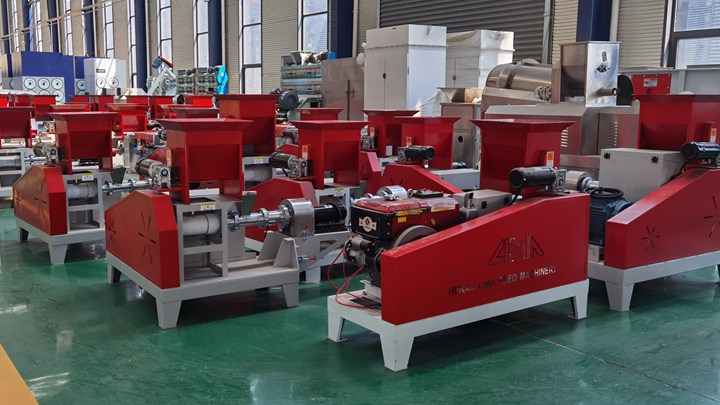
2020/10/24 · Tired of buying the mash, I embraced hydroponics which saves me a lot,” says the farmer who keeps 700 birds which comprise chicken and guinea fowl on a 40 by 50 feet size plot. Hydroponics Kenya farmer, Sam Ikwaye. Hydroponics he says cuts down his feeding cost by 70 percent. He explains: “I used to buy one sack of growers mash feed at Sh2
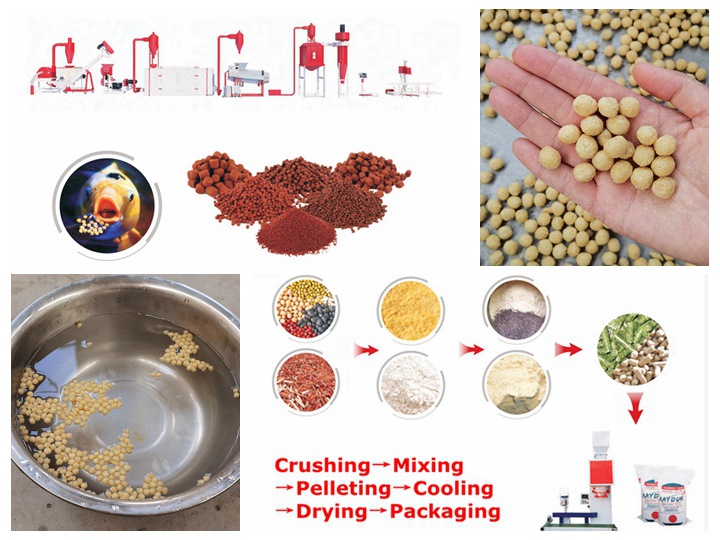
2020/09/09 · Although a laying hen will only eat approximately 100-150g of feed per day, to ensure your hens can get the most from the Natural Free Range Layers Pellets or Crumble it would be advisable to provide the feed on an
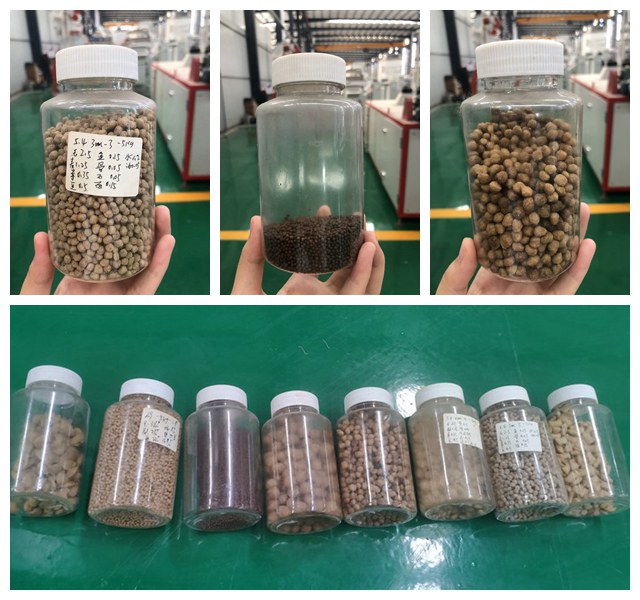
China Feed Pellet Mill Plant and Feed Production Line Delivery 200kg/h Floating Fish Feed Production Machine Line to Moldova. On march 15, 2021, richi machinery delivered a complete 200kg/h floati DATE: 22-08-02 MORE ...
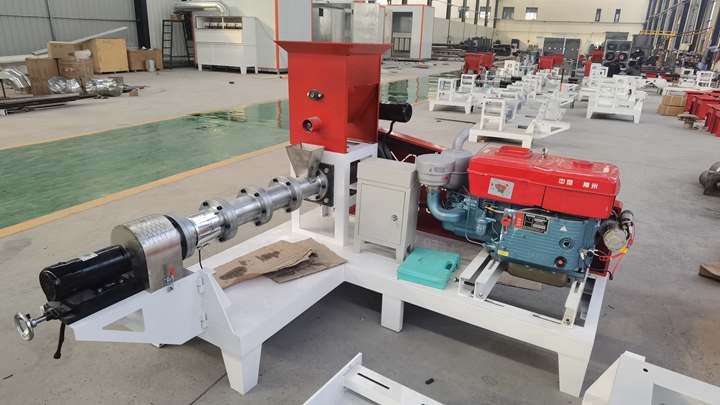
BELMILL Layer Feeds have been specially formulated to enhance your hens laying performance and to ensure egg quality - think large strong eggs with a delicious golden yellow yolk! Choose the best Layer Feeds in Kenya now! BELMILL Poultry Feeds combine over 50 years of experience, research and innova
.jpg)
Get Price Now! The process of making chicken pellets for your chicken is simple and it involves: Use a feed hammer mill to grind the ingredients so that they become fine powder ingredients/mashed potatoes. Next, mix all the ingredients in the feed mixer and wait until the mixture is even. The moist viscous mixture shall be the final mixture.
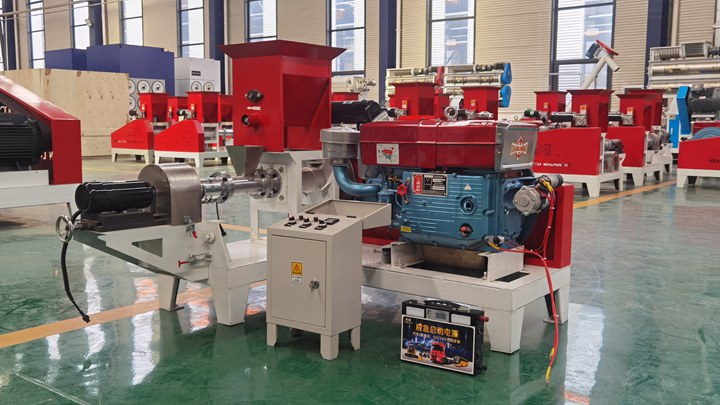
Based on research and work experience, ABC Machinery believes that a small feed processing plant in rural areas should be set up with a production rate of 600 kg to 1000 kg/h. The cost of a poultry and livestock feed pellet processing plant is approximately US$10,000 to